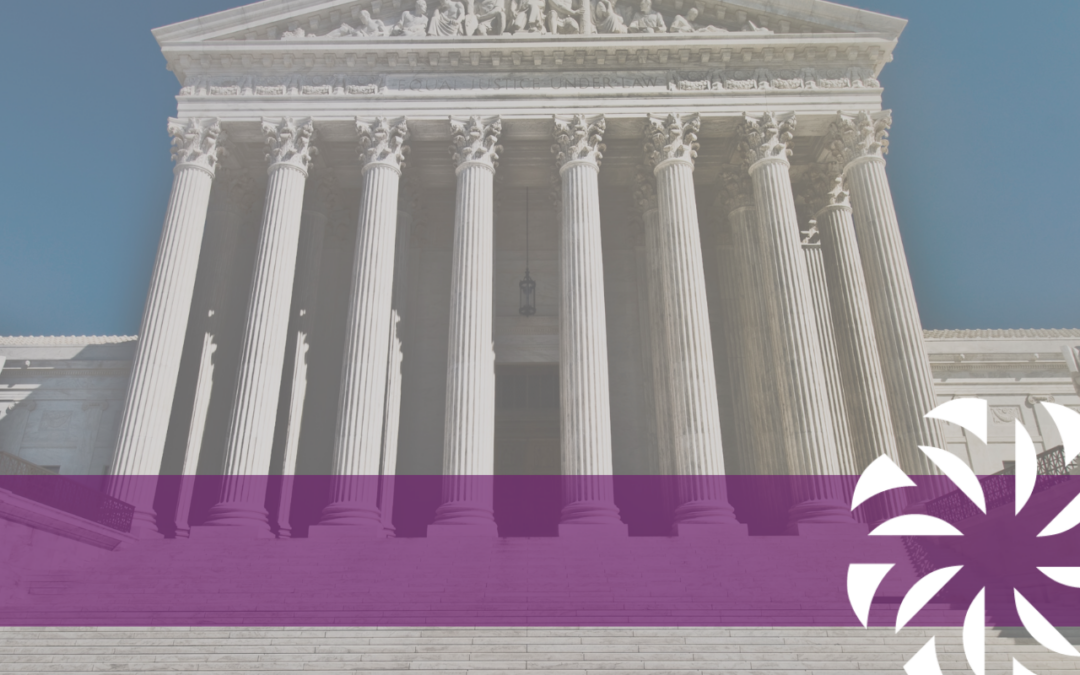STATUS OF NEW ANTITRUST GUIDELINES FOR EMPLOYERS
Prior to the transfer of power to the Trump administration, the Federal Trade Commission (FTC) and the Department of Justice (DOJ) Antitrust Division have issued Antitrust Guidelines for Business Activities Affecting Workers (the New Guidelines). Released on January 16, 2025, these guidelines build upon the Antitrust Guidance for Human Resource Professionals issued in 2016 (the Previous Guidelines) by broadening the scope of antitrust guidance and increasing federal oversight of employment agreements and practices, all with the goal of enhancing competition in the labor market.
Representatives of the Trump administration have questioned the New Guidelines and it remains to be seen if changes are adopted by the Trump administration and its approach to the enforcement of the New Guidelines. At this time, the New Guidelines are in effect and businesses should be aware of the same and closely monitor for updates as the Trump administration clarifies its approach to the New Guidelines.
Key Insights
- Federal agencies may investigate and take action against non-compete agreements and clauses
- Independent contractor relationships may now fall under the same regulations as traditional employer-employee agreements
- Federal agencies may pursue action against businesses making false or misleading claims about potential earnings
A key change in the New Guidelines is the inclusion of identified agreements and arrangements that could potentially violate antitrust laws. This list includes employment agreements and provisions such as non-compete, non-solicit, and non-disclosure agreements, as well as contracts related to employee training repayment, exit fees, and liquidated damages. In response to the current litigation surrounding the FTC’s final rule banning non-compete agreements, a special section regarding non-compete clauses was added to the New Guidelines, stating that federal agencies “may investigate and take action against non-competes and other restraints on worker mobility that limit competition.”
Additionally, the New Guidelines introduce a focus on independent contractor relationships, suggesting that some of these relationships may also fall under antitrust regulations. This marks a significant shift in the regulatory landscape, as independent contractors were previously less scrutinized under antitrust laws.
The New Guidelines also highlight that federal agencies may take action against businesses that make false or misleading claims regarding potential earnings. This has become an area of focus for antitrust regulators, who aim to ensure that businesses accurately represent the financial prospects they offer to workers.
The New Guidelines can be found here: Antitrust Guidelines for Business Activations Affecting Workers
The attorneys at Dvorak Law Group are closely monitoring the developments of antitrust regulations and they are ready to advise you on the latest developments and how your business may be impacted.


Recent Comments